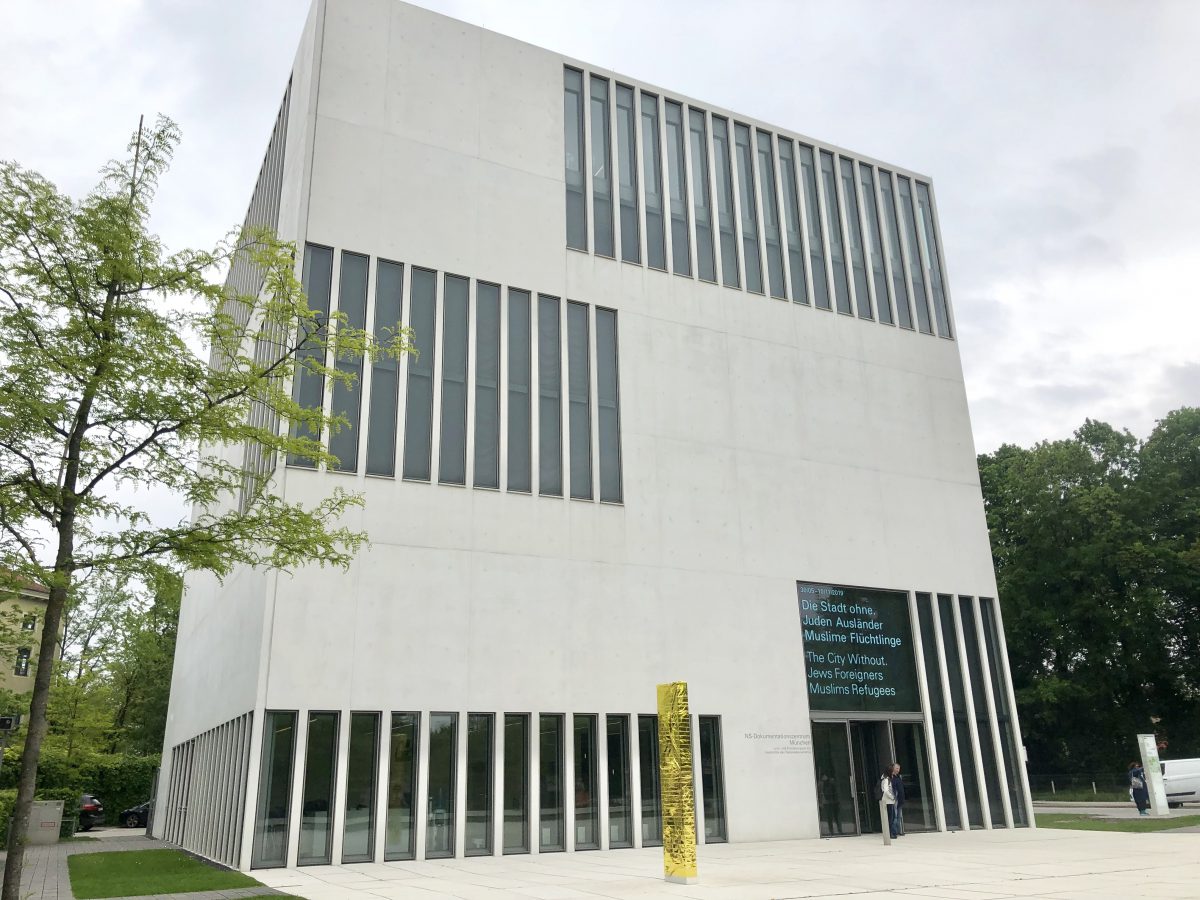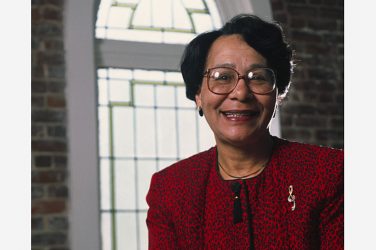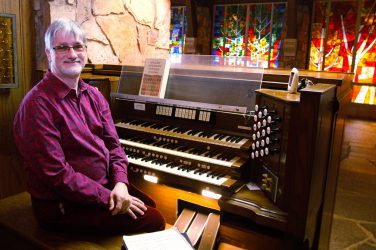The Holocaust and World War II made the possibility of a nation without Jews easily imaginable. A new exhibit that opens this Thursday at the Munich Documentation Centre for the History of National Socialism will show how the city would look without its Jewish and foreign communities.
Why It’s Newsworthy: During the Second World War, the Third Reich deported 4,500 Jewish people from Germany’s capital city of Munich. Only 300 of those deported were able to return. According to the Jewish Virtual Library, only 160 of these Jews who returned survived in Munich until the end of the war in 1945. Munich’s Jewish community is now the second largest in the country; partly due to the influx of immigrants from the Soviet Union. The new exhibit prompts visitors to consider how these past circumstances could be applicable to groups targeted for hostility in today’s era.
Munich Reimagined
The new exhibit, “The City Without. Jews Foreigners Muslim Refugees,” will open May 30 and run until Nov. 10 as the first of two special exhibitions that the Centre will display during 2019. According to the Documentation Centre’s website, the theme for the exhibit draws on concepts from the 1924 film, “The City Without Jews,” which offers a satirical take on Anti-Semitism and is based on Hugo Bettauer’s novel of the same name.
Guided by scenes from the film, the exhibit shows how the political atmosphere created by the rise of National Socialism led to the social outcasting and expulsion of the Jewish people from Munich during the Second World War.
A Long Delay
In the years following World War II, it may have been easy for locals to imagine Munich existing not only without Jews and foreigners but without the presence of the Documentation Centre itself.
According to Stefanie Montrone, a tour guide from Augsburg who has worked at the Documentation Centre since it opened, the Centre did not become open to the public until 2015—seventy years after the end of the war.
Struck by the lengthy postponement of the Centre’s opening, Montrone highlighted the principal role Munich played during World War II.
Munich was where the National Socialist movement started,” Montrone said. “The party was founded [here] and Adolf Hitler had started his career [here].”
According to Montrone, local officials resisted the resurrection of the Documentation Centre in the years following the war. The City of Munich, the State of Bavaria and the German Federal Government made plans to fund the Centre after citizens and local historians petitioned to have a building dedicated to the remembrance of the times of National Socialism.
Historical Significance
Built on the former spot of the Nazi Party Headquarters, the Documentation Centre chronicles the political propaganda and legal impositions that befell the German people. The permanent exhibit follows the progression of these actions beginning from the end of the First World War.
The Centre draws focus to nearby historical locations that were important to the National Socialist Party. The square in Königsplatz, with the addition of granite flooring, echoed the heel clicks of Nazi marchers during party rallies. The Feldherrnhalle Monument served as the grounds for Adolf Hitler’s Beer Hall Putsch in 1923, after which he was sent to jail and wrote his autobiography, “Mein Kampf.”
“I biked here through Königsplatz and I didn’t realize at all the historical significance of it,” said Jess Guillaume, a prospective medical school student visiting Germany from Michigan.
Assorted Visitors
On each floor of the Documentation Centre, people of all ages appear bent over at the waist and with their necks craned forward. Each visitor wants to get a clearer look at the black and white typeface displayed on boards and tables around the room.
The Documentation Centre is a popular destination for many types of people. Crowds of school groups, duos of young adults and aging families all roam the building. Montrone, who leads tours in English, German and Italian, has guided groups from across Europe and the United States through the Centre’s four main floors.
Guillaume found herself at the Documentation Centre trying to make the most of a cold and rainy Munich morning. Her visit to the Centre came after her sister’s coworker recommended it to her.
It was interesting to hear them talk about Munich’s unique role in, the development of Hitler and the Socialist party,” Guillaume said. “I think that was really unique that I hadn’t seen anywhere else.”
Guided tours at the Centre are conducted with an air of reverence and a delicate tone. Many visitors pace in silence reading along with personal audio guides or whispering to their companions.
“They said that it was so important that so many people would come,” Montrone said. “It would be better to have a more quiet climate [so] that people could read here and concentrate.”
The Centre’s Legacy
According to the Documentation Center’s website,
The City of Munich is aware of its special obligation to keep alive the memory of the Nazi era and its crimes and to inform citizens and visitors about it.”
The Centre’s permanent exhibit and its rotating ones like “The City Without,” are tools that provide visitors with an insight to the circumstances that allowed for the deadliest military conflict in modern history, according to The Borgen Project.
The Documentation Centre reiterates its intentions of accountability via the words of Italian Holocaust survivor Primo Levi, which are etched into the final wall of the main exhibit: “It happened, and thus it can happen again.”
Jillian Tracy is a junior majoring in journalism in the Grady College of Journalism and Mass Communication at the University of Georgia.








